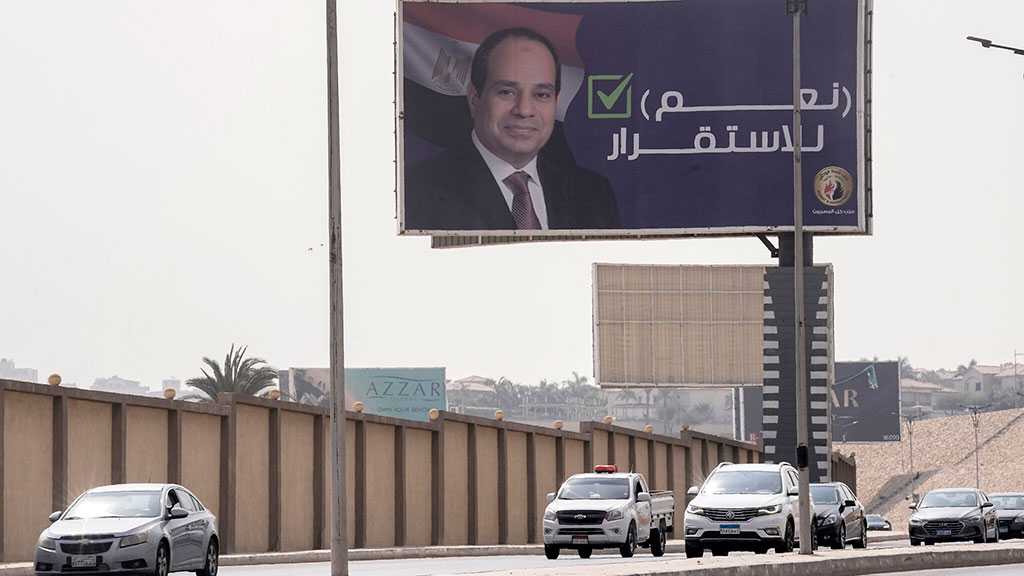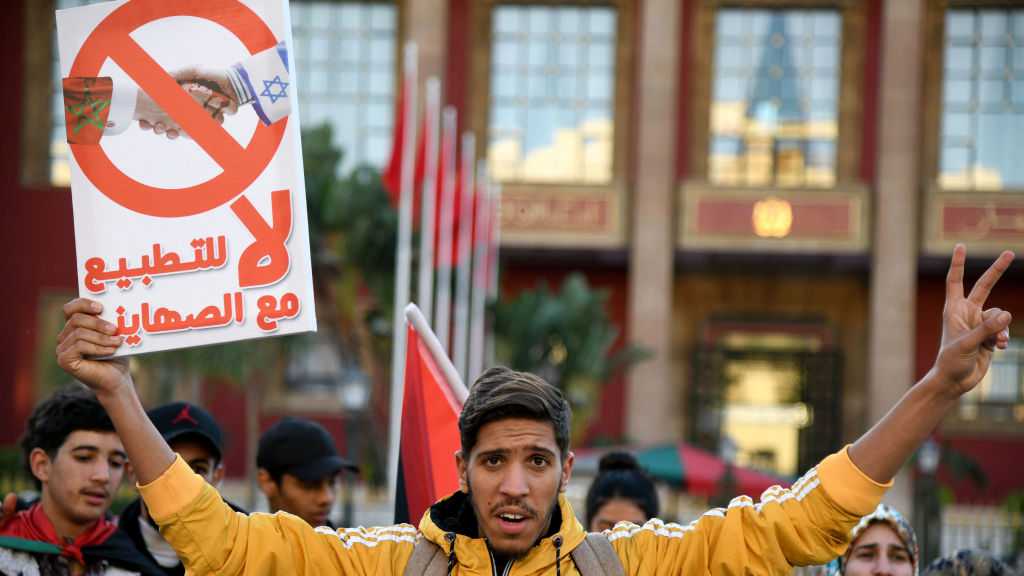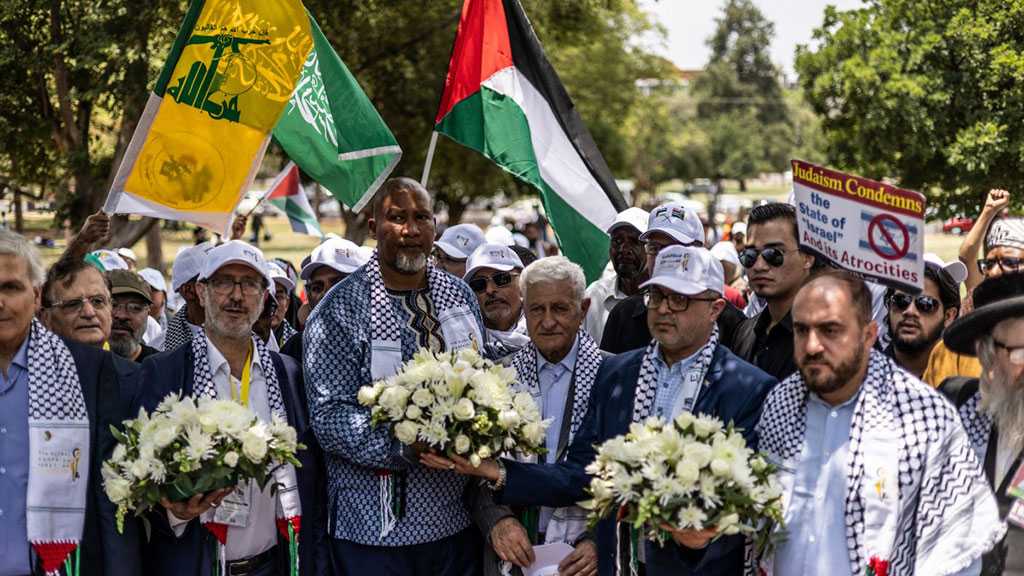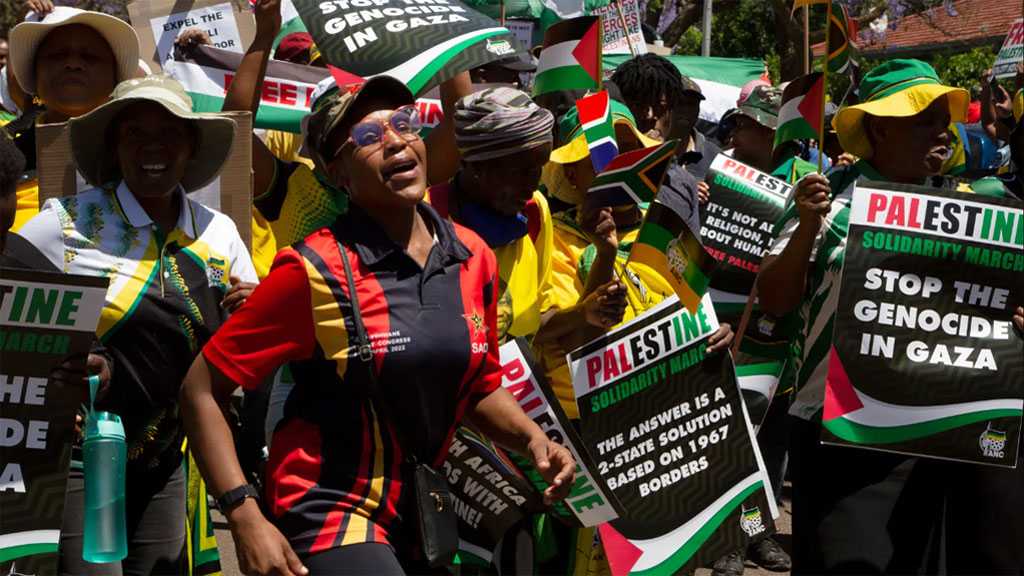
State Agents, Militia ’Planned’ DRC Massacres: Rights Group
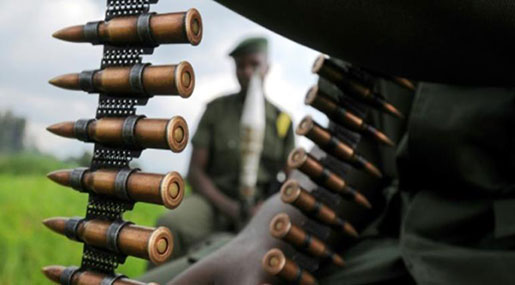
Local Editor
Security forces and an army-backed militia planned massacres in an opposition stronghold in the Democratic Republic of Congo, human rights activists charged Wednesday, calling the killings "crimes against humanity."

The southern Kasai region suffered "one of the worst human rights crises in the world" between March and July, the Paris-based International Human Rights Federation [FIDH] said in a report compiled with partner rights groups in the country.
It includes heart-rending testimony such as that of a 27-year-old woman who described soldiers attacking her village and burning down houses. As she fled, she "saw a lot of corpses ... of children, of villagers."
The FIDH said the atrocities "were perpetrated mainly by elements of the Bana Mura militia at the instigation and with the support of security forces ... against civilians of the Luba ethnic group."
The Luba are seen as supporting the anti-government Kamwina Nsapu militia, while other ethnic groups make up the Bana Mura militia active in Kasai.
In one of the worst attacks blamed on Bana Mura, the remote village of Cinq was "totally destroyed" and several female survivors said they were raped or sexually mutilated.
Several of their children were killed by militiamen with machetes, the 100-page report said.
The Catholic Church has said the violence claimed more than 3,300 lives. The United Nations for its part has counted 87 mass graves and documented some 1.4 million displaced people.
The conflict erupted in September 2016 after government forces killed a tribal chieftain, known as the Kamwina Nsapu, who rebelled against President Joseph Kabila's regime in Kinshasa and its local representatives.
The release of the report comes a year to the day since Kabila refused to step down at the end of his second term, sparking a political crisis in the vast former Belgian colony.
The Catholic Church brokered a deal on New Year's Eve 2016 enabling Kabila to stay in office pending elections to be held in 2017. Those elections, in turn, were postponed to December 23, 2018.
Source: News Agencies, Edited by website team
Comments
- Related News
